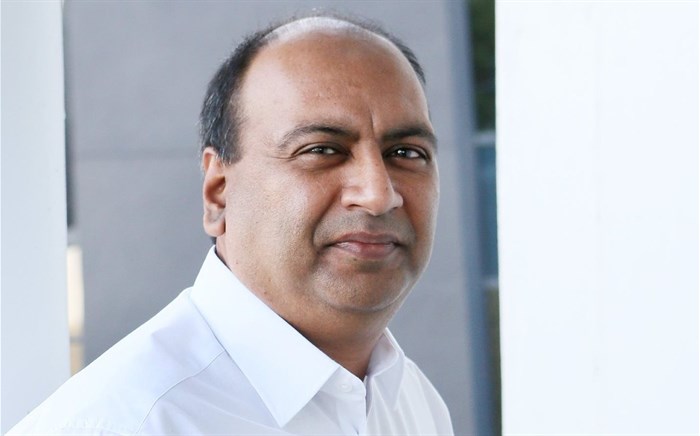Background checks reduce a company's risk for reputational damage and criminal activities such as fraud and theft. They can also verify information on an applicant's resume and assist HR professionals in determining whether an individual is the right fit for the job description says Sameer Kumandan, managing director of South African data aggregation platform, SearchWorks.

Sameer Kumandan, managing director of SearchWorks
Finding and managing talent for an organisation is a responsibility that is both time and resource intensive. So it makes sense to do your due diligence before bringing a new hire into the fold. First order of business? Making sure the candidate is exactly who they claim to be. This involves verifying all of the information contained on their CV - checking everything from education to work experience and certifications. Double checking their references, and awards and looking into any potential criminal history. Background checks are a smart way to uncover any red flags that could indicate that the individual is a risk likely to negatively impact the reputation, safety and bottom line of your company. Making a poor hiring decision is more than a costly mistake. It results in lost time and expenses due to the need to recruit and train another candidate. It can also dampen employee morale and productivity.
For dedicated HR professionals, background checks are a critical part of hiring processes. Fortunately, they’ve become a lot easier and it’s no longer necessary to manually check every fact or qualification. All it takes to run a thorough, reliable background check on any individual, is a few clicks. The results will empower HR professionals to make well-informed hiring decisions and allow them to focus on growing the business, building positive relationships with employees and making them feel valued.
It’s not a white lie, it’s a risk
Everyone embellishes their resume, right? Falsifying information to get a job is dishonest, and tantamount to fraud. If they’re willing to lie to get a foot in the door, what else are candidates willing to do? Exaggerating on a job application isn't harmless, it’s against the law. Particularly when health and safety law requires an individual to have a specific qualification in order to gain access to a workplace. Imagine a surgeon with falsified qualifications performing an operation. Or a mining engineer jeopardising the safety of thousands of mine workers underground because they exaggerated their previous working experience. These scenarios highlight the danger involved in embellishing details on resumes and in job applications.
According to a survey from CareerBuilder, 75% of HR managers confirmed that they’ve caught wind of a CV lie. The most common lies that job seekers tell in their resumes:
- Lying about their job title/responsibilities
- Claiming language fluency
- Inflating their skill sets
- Altering dates of employment
- Lying about their degree or adding fake certifications
- Concealing a criminal record
- Falsifying work experience
- Changing their matric results/grades
Trust is critical in the employment relationship. Employers need to be able to trust their people to do their jobs, and to treat colleagues and customers with respect, while representing your brand with dignity. But how does an employer screen the integrity and reliability of a potential candidate?
Screening tools are essential in enabling HR departments to check, verify and confirm any details relating to potential candidates, to ensure that the best possible hiring decision can be made.
Some of the background check searches that can be run on candidates include:
- ID verification
- Trace
- Qualifications checks
- Professional Driving Permit check
- Social media checks
- Credit checks (relevant if the applicant works in finance)
- Criminal checks
- Politically exposed persons and sanctions
- Matric certificate verification
- Qualification check
- FAIS status
- Social media report
- SAFPS fraud verification
- Employment confidence index
- Gross monthly income
- CIPC director search
Don’t take applicants at face value
“The people you hire are a reflection on your business,” Kumandan continues, “they are your brand’s ambassadors and they show customers, partners, and clients what you stand for. Doing a background check helps ensure that you are hiring people that uphold your values and expectations.”
Here, a social media screening is a critical component of a thorough background check, and can give valuable insights into characteristics such as the individual’s work ethic, personal values and beliefs. It can also identify key risk areas based on available content, such as racism, homophobia, hate speech, illegal activities, disclosure of confidential information and dishonesty, such as “taking a sick day” when the data subject is not in fact sick.
Background screening platforms like SearchWorks "can completely streamline the shortlisting of appropriate candidates," Kumandan says. "It provides the ultimate HR transparency, and reduces the time, risk and costs associated with the recruitment and hiring processes of any organisation, enabling employers to move forward with certainty in their selected candidates."


































